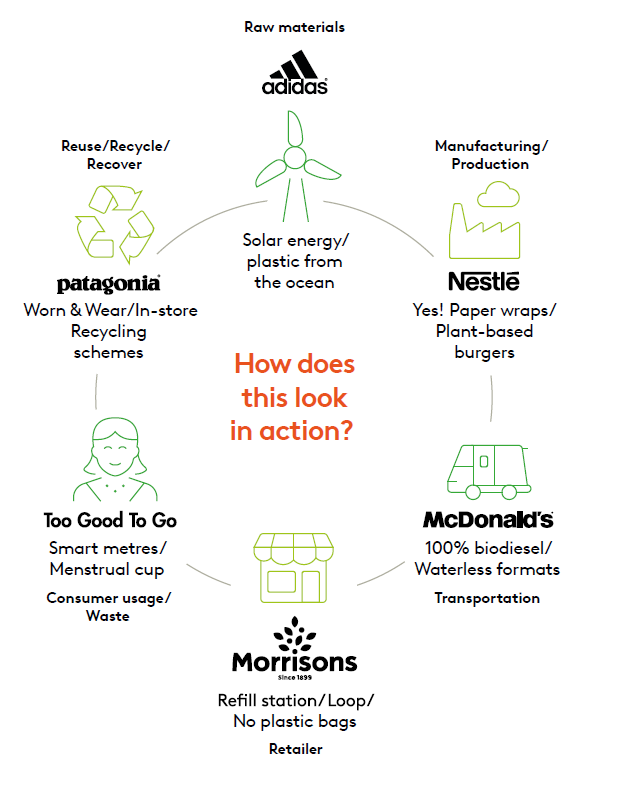At the start of the decade, it looked like 2020 was the year for Sustainability. Mission2020, Extinction Rebellion and Greta Thunberg were gaining traction and businesses’ supply chains were going circular. Organisations carved out space in their marketing strategy: purpose-driven initiatives were no longer ornamental but starting to become fundamental to brand credibility. Products and services were being redesigned and revolutionised with a greener, more environmentally friendly world in mind.
Shifting circumstances
It is undeniable that COVID-19 came along and knocked sustainability off the speaker’s podium. However, our climate emergency has not gone away and neither has the consumer sentiment for change.
More than ever, people are demanding that businesses as well as government take action and are looking to brands to take an active role in shaping the narrative for not just a new normal, but a new better.
Please select your file type
The challenges organisations face
Undoubtedly, organisations face several challenges when trying to approach sustainability. It is an untrodden path for many and requires mitigating legacy investments and reevaluating what success and ROI metrics look like. Many organisations simply just don’t know where to start.
Many organisations simply just don’t know where to start. This, however, is a vital stage to focus on in sustainability development. Ensuring ample time is invested upfront – scoping the landscape, understanding different drivers of different audiences and investigating your right to play in different areas of sustainability. This will ensure that real change incurs and sustainability becomes embedded into your organisation instead of being an add-on. Consumers are savvy and switched on, and superficial change and a lack of authenticity can do more harm than good.
Sustainable-led innovation: next steps
In our new report, we recommend approaching sustainable-led innovation in the following ways:
1. Don’t plaster over the cracks
Think about the deeper, systemic problems. Avoid green-washing.
2. Circular and inclusive
Examine the whole life-cycle of your product and/or service and facilitate collaboration along the way. You will benefit from inviting a range of perspectives and expertise.

3. Blend planning and creative
Sustainable-led innovation requires a blending of strategy and originality. It is only with both these ingredients you will unlock commercial success and future-proof yourself.
4. Close the Value-Action Gap
Asses what the fuels and frictions are inhibiting people to not only have the desire to be sustainable but follow through and act sustainably. Apply a behavioural lens throughout your journey to unlock real change.
Want to learn more?
Download the report by filling in the form below.
For more information, don’t hesitate to reach out to [email protected] or [email protected]
